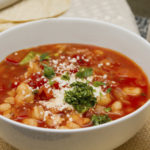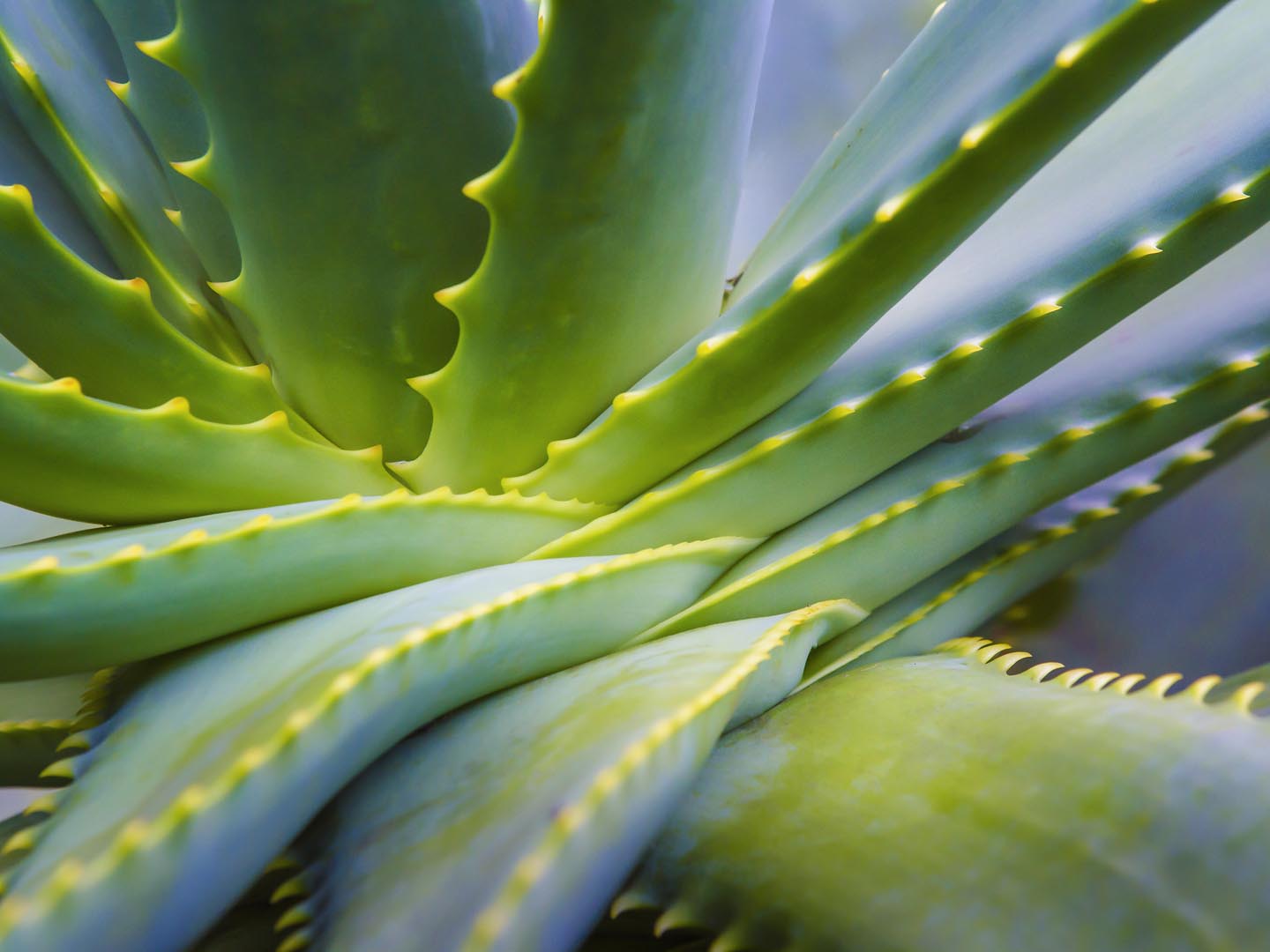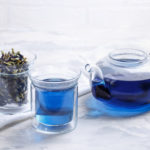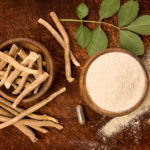Basil
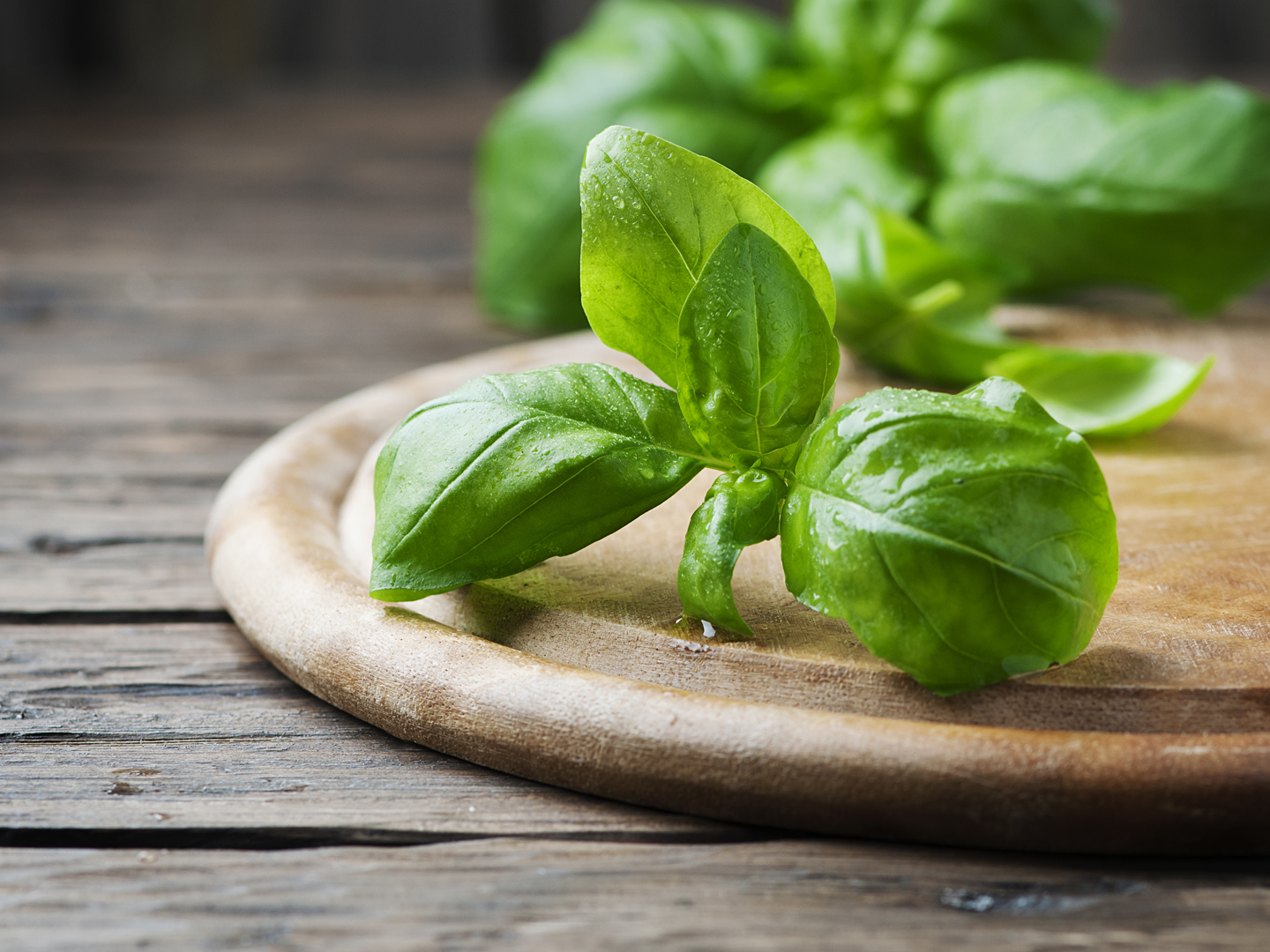
Ocimum basilicum
Basil is native to India, Asia and Africa, but today is cultivated around the world, particularly in hot, dry climates. A member of the mint (Lamiaceae) family, basil is a hardy annual. The name “basil” comes from a Greek word, basilikohn, which means “royal” – a nod to its revered status in this ancient culture. The parts of the plant that grow above the ground are used for both medicinal and culinary purposes.
Used for:
Basil has been used both internally and topically to treat a variety of health concerns including stomach spasms, colds and fever, insect bites, and respiratory infections. The essential oil of basil can be used in aromatherapy as both a stimulant and an antidepressant. Adding basil to an anti-inflammatory diet can further enhance its health benefits, as it contains antioxidant flavonoids that protect cells from damage, as well as volatile oils with antimicrobial properties.
Basil has antioxidant flavonoids that help protect the body on a cellular level, and volatile oils that are effective antimicrobial agents. A study in the Journal of Microbiology Methodsreported that the essential oil of basil inhibited strains of widespread and difficult-to-treat bacteria including Staphylococcus, Enterococcus and Pseudomonas. Another study published in Food Microbiology reported that produce washed in a one percent solution of basil (or thyme) resulted in lower numbers of Shigella, an infectious bacterium that causes diarrhea. Integrating basil into an anti-inflammatory diet could amplify these health-promoting effects.
Basil also has potent anti-inflammatory effects: its volatile oils contain eugenol, a substance that has been shown to block cyclooxygenase (COX) – the same enzyme that is inhibited by non-steroidal anti-inflammatory medications (NSAIDS) such as ibuprofen. Consequently, basil may have therapeutic uses for conditions similar to the conditions addressed by these synthetic medications, although more research is needed to establish effectiveness.
Nutritionally, basil is a very good source of vitamin A, magnesium, iron and calcium.
Available in:
Basil is widely used in culinary dishes, particularly those from the Mediterranean regions.
Herb / drug interactions:
Basil appears to have minimal potential for adverse reactions with other herbs or drugs.
Other safety concerns:
Basil may have blood-sugar-lowering effects; people with diabetes, obesity or metabolic syndrome should consult their physician before taking it in medicinal amounts. Basil also contains estragole, a chemical that might increase the risk of liver cancer. But a position paper by the European Agency for the Evaluation of Medicinal Products concluded that rodent studies indicate “approximately 100-1000 times” higher exposures were required to stimulate carcinogenic activity than human beings would typically encounter.
When buying:
You can purchase fresh or dried basil leaves in most grocery stores. Look for organically grown. Basil is also easy to grow in garden plots or containers.
Dosage:
Aside from adding to foods, basil is often consumed as an infusion. Steep one teaspoon of dried leaves in one cup water for five to 10 minutes. Strain. Drink one to two cups per day, as desired.
Child dosage:
Basil seems to be safe for children in amounts typically encountered in foods and teas.
Dr. Weil says:
Basil is a staple in my garden, kitchen and restaurants for its fresh flavor and as a source of vitamin A, magnesium and potassium. Since a wash of one-percent essential basil oil effectively eliminates bacteria on fruits and vegetables, keep some handy in your kitchen for environmentally friendly sanitation.
SOURCES:
Basil. Natural Medicines Comprehensive Database Consumer version. Stockton, CA: Therapeutic Research Faculty, Updated December 21, 2012, accessed January 15, 2014 at http://naturaldatabaseconsumer.therapeuticresearch.com/nd/Search.aspx?cs=NONMP&s=NDC&pt=100&id=303&fs=NDC&searchid=44713898Traditional Uses of Sweet Basil. Natural Standard. Updated January, 2011, accessed January 15, 2014 at http://www.naturalstandard.com/news/news201101044.asp
Antioxidant Activity of Sweet Basil. Natural Standard. Updated April 2007, accessed January 15, 2014 at http://www.naturalstandard.com/news/news200704025.asp
Bozin B, Mimica-Dukic N, Simin N, Anackov G (March 2006). “Characterization of the volatile composition of essential oils of some lamiaceae spices and the antimicrobial and antioxidant activities of the entire oils”.J. Agric. Food Chem. 54 (5): 1822–8.
Chiang LC, Ng LT, Cheng PW, Chiang W, Lin CC (October 2005). “Antiviral activities of extracts and selected pure constituents of Ocimum basilicum”. Clin. Exp. Pharmacol. Physiol. 32 (10): 811–6.
EMEA (3 March 2004). “Position Paper on the use of HMP containing estragole” (PDF).
Reviewed by Tieraona Low Dog, M.D., February 18, 2014.


